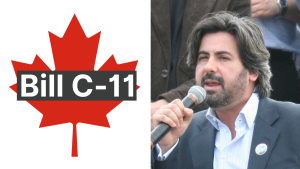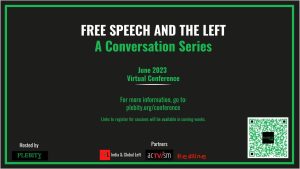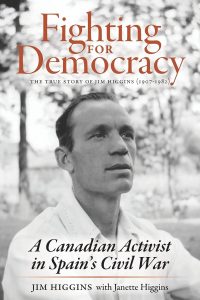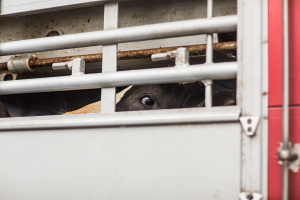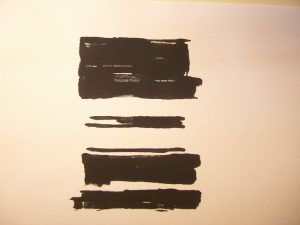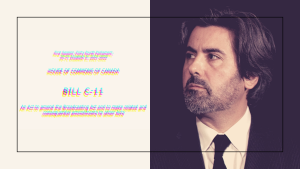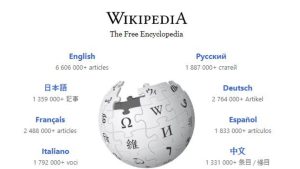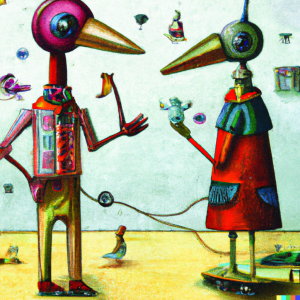Articles
Canada’s censorship bill becomes law
After years of contentious debates, Bill C-11, Canada’s Online Streaming Act has become law.
As we’ve written here (Senate Passes Controversial Internet Censorship Bill) and here (Canada’s Plans to Regulate the Internet), this bill poses many dangers for Canadian users and creators alike.
The woke left is to left as ersatz coffee is to coffee
One of the hallmarks of today’s woke left is to conflate speech with violence. Fearful of the ‘harm’ that might be experienced from hearing certain words, the woke left has become widely confused about the issue of free speech in general and between speech and literal, physical violence.
In New Zealand this week, Posie Parker was assaulted as she tried to speak–a mob surrounded her and forced her off the stage and ultimately out of the country. The group that prevented her from speaking has taken to social media to declare a great victory.
The why and what of our Free Speech and the Left virtual conference
Momentum is building for our Free Speech and the Left virtual conference scheduled for June, 2023.
The conference participants include some of today’s most interesting voices, coming together to discuss the most divisive issues of the day.
We’re in active collaboration with the New Zealand site Redline, India & the Global Left and acTVism Munich.
What is the left?
Panelists will consider whether leftist thought offers relevant and useful ways of thinking about capitalism and exploitation, empire and forever wars, cancel culture and identity politics, environmental destruction and degrowth, social justice and universalism, animal rights and morality, and of course free speech.
Daughter of Spanish Civil War veteran speaks out about identity politics
“I couldn’t be myself,” or words to that effect: It was written in pencil on a piece of scrap foolscap I found amongst my father‘s papers after he died in 1982. He wrote that sentiment in 1977 when he was working on his memoir. My father’s name was Jim Higgins, and his book is called Fighting for Democracy: a Canadian Activist in Spain’s Civil War. It was not published until 2020.
How Rhetoric Shapes the Animal Rights Movement
Open dialogue is an important tool for moving discourse forward and gaining a better understanding of the issues we face in our time. In the spirit of open dialogue, the following is my response to the essay Animal Rights and the Challenge of Activism.
In the essay, the author describes the different tactics used by animal rights activists to persuade non-vegans. She emphasizes the importance of free speech, open inquiry, and debate, in particular the importance of non-vegans’ ability to challenge vegans. But in doing so, she also unwittingly exposes how her own rhetoric might influence people in such a way that might undermine the animal rights movement. My response isn’t an attempt at a ‘take-down’ of the author, but instead it is a way to show how important language is in animal rights activism and how even those of us with the best intentions can fall into these traps.
Wikipedia vs Pakistan: who won, blasphemy laws or free speech?
We recently wrote about Pakistan's 48 hour ultimatum to Wikipedia–either remove certain ‘sacrilegious’, i.e. blasphemous content, or be blocked in Pakistan.
In fact, after the 48 hours were up, Wikipedia was blocked throughout the country. The ban was short-lived. Access was restored after a three day suspension.
Who won, blasphemy laws or free speech?
Update: Senate Passes Controversial Internet Censorship Bill
On February 2, 2023, the Senate passed Bill C-11, also known as the Online Streaming Act, with 43 senators voting ‘yea,’ and 15 voting ‘nay.’
The Senate proposed dozens of amendments to the bill, including highlighting the promotion of Indigenous languages and Black content creators; proposing an age verification system to restrict access to certain content; requiring the CRTC to be more flexible on determining what is deemed ‘Canadian enough’; and requiring the CRTC to focus on commercial content only.
Will Wikipedia bow to Pakistan’s censorship laws?
Last Wednesday the Pakistani government issued an ultimatum threatening to shut down the online crowd-sourced encyclopedia Wikipedia. The Pakistani authorities gave Wikipedia 48 hours to remove certain content they deemed to be ‘sacrilegious’ or blasphemous.
The forty eight hours had passed by Friday evening, and Saturday it was announced that Wikipedia had been banned in Pakistan.
Universities that punish reading–even of books from their own libraries
In the abstract, people mostly agree that book banning is a bad thing. The Nazis did us the favor of being very clear about it and literally burning books, but there are rarely cases that are so unambiguously wrong.
In our current culture, it is more common that reading certain books may be punished rather than the books themselves being outright banned. This more subtle form of social control encourages one of the most insidious threats to freedom–the tendency in all of us to self-censor what we read, think and say.
Interview with a robot
AI: I am an AI created by OpenAI. How can I help you today?
Plebity: Could you explain the difference between the political right and left?
AI: The political right and political left are labels used to describe different ideologies. Generally speaking, the political right stands for traditional values and a focus on capitalism and conservative social policies, while the political left advocates for progressive policies and social justice.
Plebity: Why did you not mention class?
New Dawn – destabilising social cohesion?
Stuff reports today: “Nationwide bookstore Whitcoulls is selling a magazine peddling a number of anti-vax conspiracies and insinuating the Christchurch mosque terror attack was a “false flag” operation.
The Lambton Quay store in Wellington had copies of two issues of New Dawn magazine for sale this week. It was also spotted in another Wellington store, Johnsonville, and at New Lynn in West Auckland.”
Money and corruption is the enemy of free speech
Free speech is usually thought of in terms of either the state or private companies power to censor speech. What the Qatargate corruption scandal illustrates is that the concept itself is meaningless in a society where speech can be purchased like a suit off the rack.
In fact, genuine free speech can’t exist outside of an overall culture of free speech.
A free speech culture is one in which speech can’t be bought. It is one in which each person’s speech is given freely, without being purchased or constrained and where all speech has equal weight.

